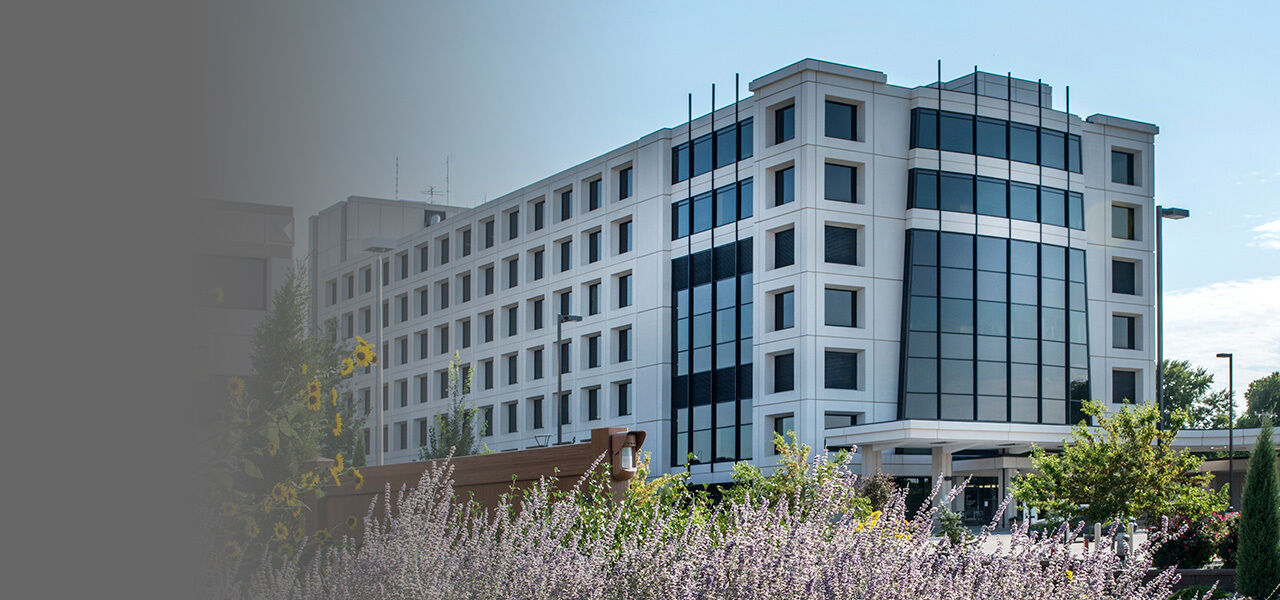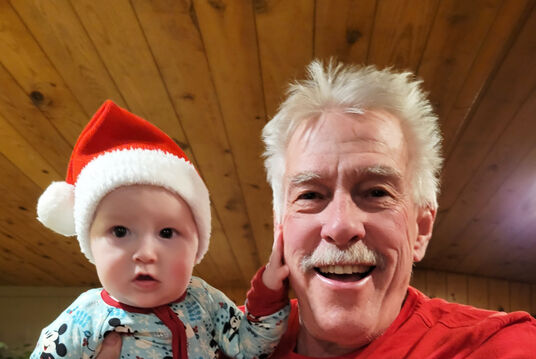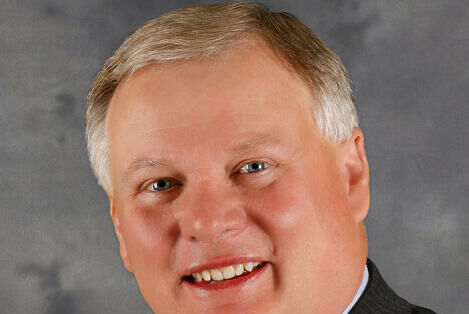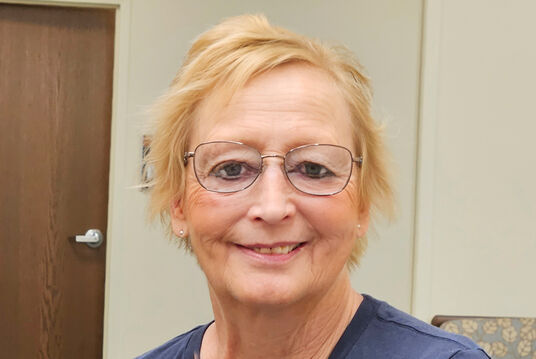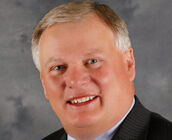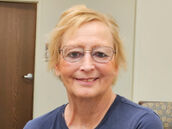When medications are given intravenously, there are sometimes risks involved. A new system set up at Mary Lanning Healthcare alleviates the risk that the IV pumps might be programmed incorrectly.
Tammy Burns, MLH Pharmacy Director, and Jamie Tinsman, Epic Hospital Clinical Applications Lead, led a team that created the new system, which allows IV pumps to talk directly with the MLH electronic medical record system, Epic.
“The interoperability we have built between the IV pumps and Epic ensures that the exact order that the physician wants given goes directly to the pump without the manual pushing of buttons on the pump,” Tinsman said. “This assures the medications are being given at the right rate and in the right amount.”
Previously, nurses took the orders from Epic and manually added them to the pump. Although it did not happen often, even infrequent errors were a concern because MLH prioritizes the safety of its patients, Burns said.
Burns and Tinsman worked with Nebraska Medicine, ICU Medical (the company supplying the pumps) and Epic to make the connection and reduce the chance for manual errors. That process involved reworking the entire library of medications MLH uses for IV therapy. The project, which had been on the pharmacy wish list for awhile, kicked off in August.
“The exact record in the drug library will be automatically selected by the pumps,” Burns said. “The library places limits on the low and high ends of the medication dose and rate and ensures those limits are enforced.”
The change also creates more efficiency for nurses on the floor, who have numerous other duties to complete.
“We are fortunate in a hospital of our size to have the support from hospital administration to be able to implement such a large safety initiative,” Burns said. “It will probably become the standard of practice in the future but is currently mostly used in larger hospitals than MLH.”
However, the MLH program is still unique. Epic has host sites, which extend their software to Community Connect partner sites. Nebraska Medicine is the host site for Community Connect partner MLH.
Tinsman and Burns said it is unusual for a host site to allow a Community Connect partner to create their own pump interoperability. But once Nebraska Medicine was done with their own interoperability program with their pumps, they opened up the opportunity to MLH.
“This is a big thing to be able to do in general,” Tinsman said, “let alone being a Community Connect partner and being able to do it.”
Because MLH uses a different brand of pumps, it had to work with Nebraska Medicine to come up with its own system connections and training.
Yet both Burns and Tinsman agree that once the system was up and running (as of Feb. 27), things have gone successfully.
“Overall, we have had a very successful implementation and are certain we have made yet another improvement towards keeping our patients safe,” Tinsman said.
